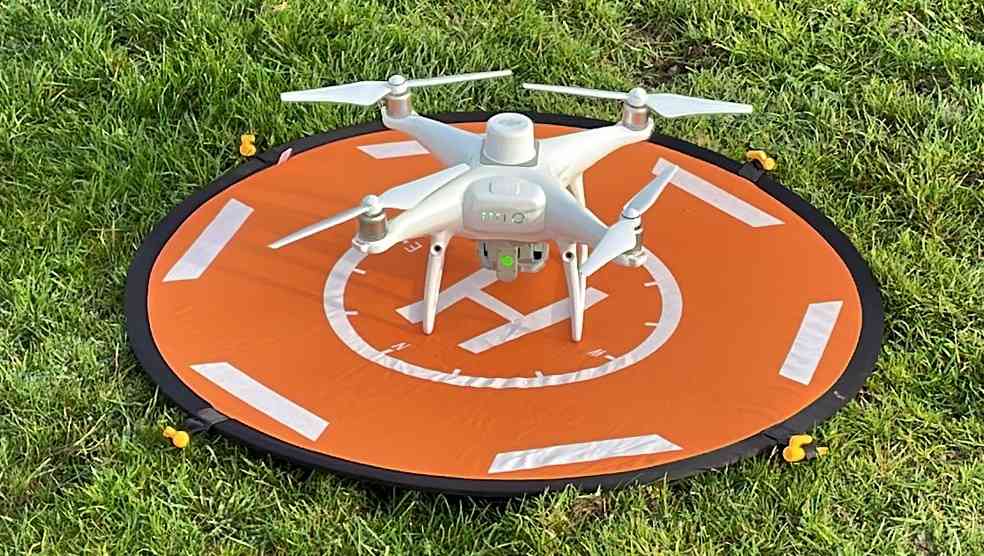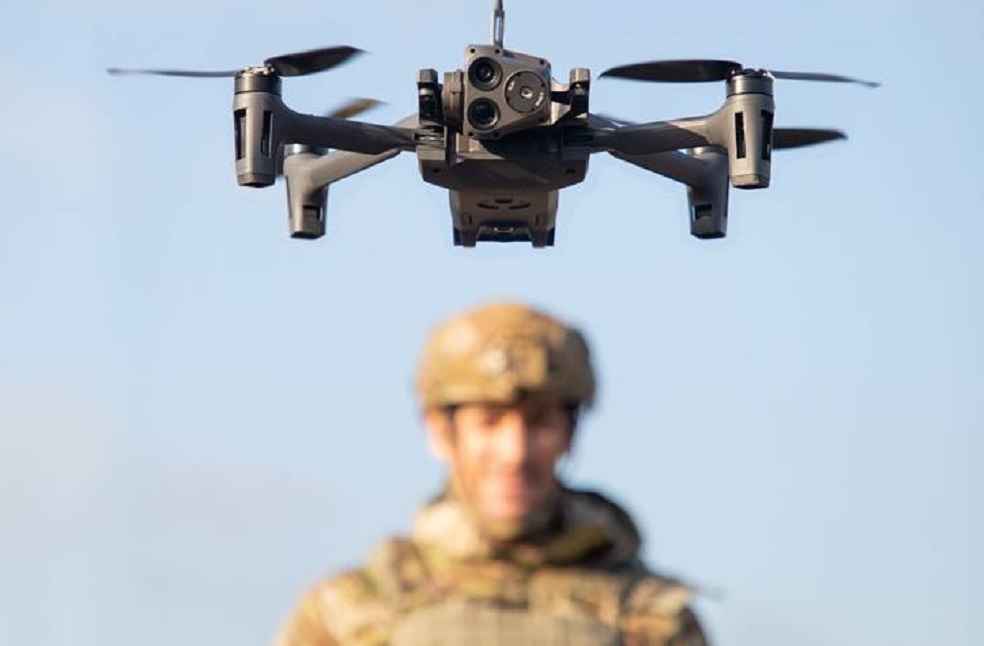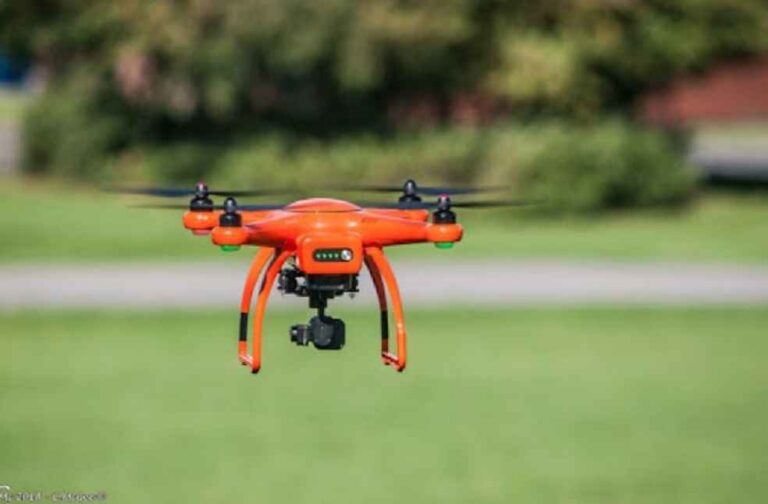The South Korean drone industry witnessed an impressive growth in exports last year, surging by 260% to reach $27.54 million, as reported by the Korea International Trade Association. This significant increase is largely credited to mounting restrictions on Chinese-made drones in the United States, propelling Korean drones into the spotlight as a competitive alternative on the global stage.
The U.S. emerged as the largest market for Korean drones, accounting for $11.67 million, or 42.3%, of total exports. The demand spike follows heightened scrutiny by the U.S. Department of Commerce on Chinese drone regulations and the U.S. House of Representatives’ passage of a bill banning new purchases from DJI, the world’s leading drone manufacturer. These measures have paved the way for South Korean manufacturers to strengthen their foothold in the American market.

Strategic positioning has further bolstered South Korea’s drone export growth. In July, Narma established a corporation in Texas, strategically located near a Federal Aviation Administration (FAA) test site. This move aligns with U.S. domestic priorities, highlighted by Donald Trump Jr., who joined American drone company Unusual Machines as an advisor in November. Trump Jr. underscored the necessity of reducing reliance on Chinese drones amid ongoing geopolitical tensions.
Despite their success, South Korea’s drone industry remains predominantly driven by small and medium-sized enterprises (SMEs) and startups. Industry leaders are calling for more systematic government support to sustain this momentum. A company representative noted, “Except for Doosan Mobility Innovation (DMI), all domestic drone operators are SMEs or startups,” emphasizing the need for policy measures to ensure long-term growth.

The global perception of drones as transformative tools in modern warfare, particularly in the Russia-Ukraine conflict, has spurred innovation among Korean manufacturers. Companies like Nearthlab and Pablo Air are at the forefront of this technological shift. Nearthlab launched cutting-edge drones like the AI-enabled ‘AiDEN’ and the high-speed interception drone ‘KAiDEN,’ capable of neutralizing other drones in mid-air collisions. Pablo Air showcased its latest defense drone at CES 2025 in Las Vegas, highlighting its ambitions in the global defense market.
Efforts to deepen ties with the U.S. market are also underway. AERIX is negotiating the establishment of a joint venture in the U.S., while Pablo Air is enhancing its local presence through its Phoenix subsidiary, focusing on drone shows and defense applications. A domestic startup representative commented, “Concerns over security data leaks to China have long persisted. We are now actively exploring opportunities to supply drones to U.S. defense authorities.”
ENERGY INDUSTRY | Nigeria’s $112m Electricity Exports Raise Concerns Over Domestic Power Shortages



